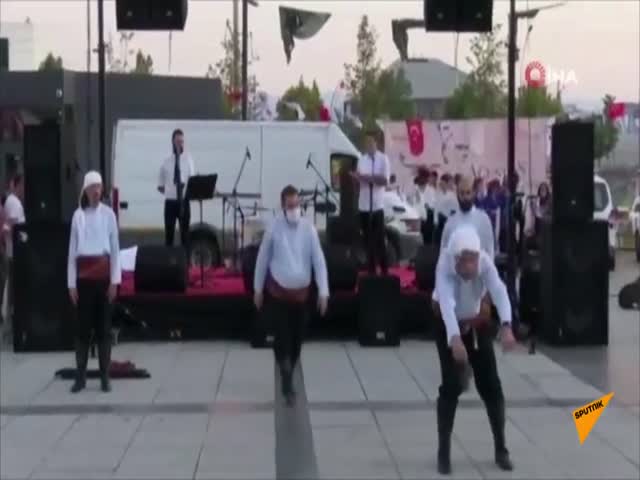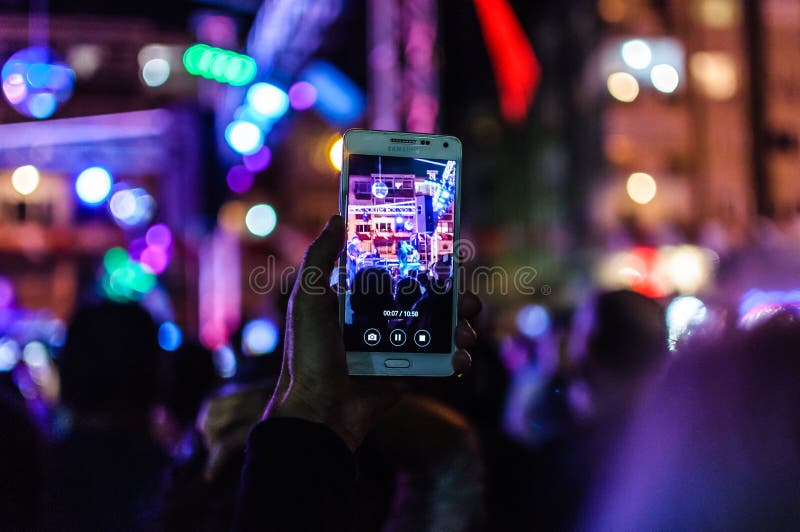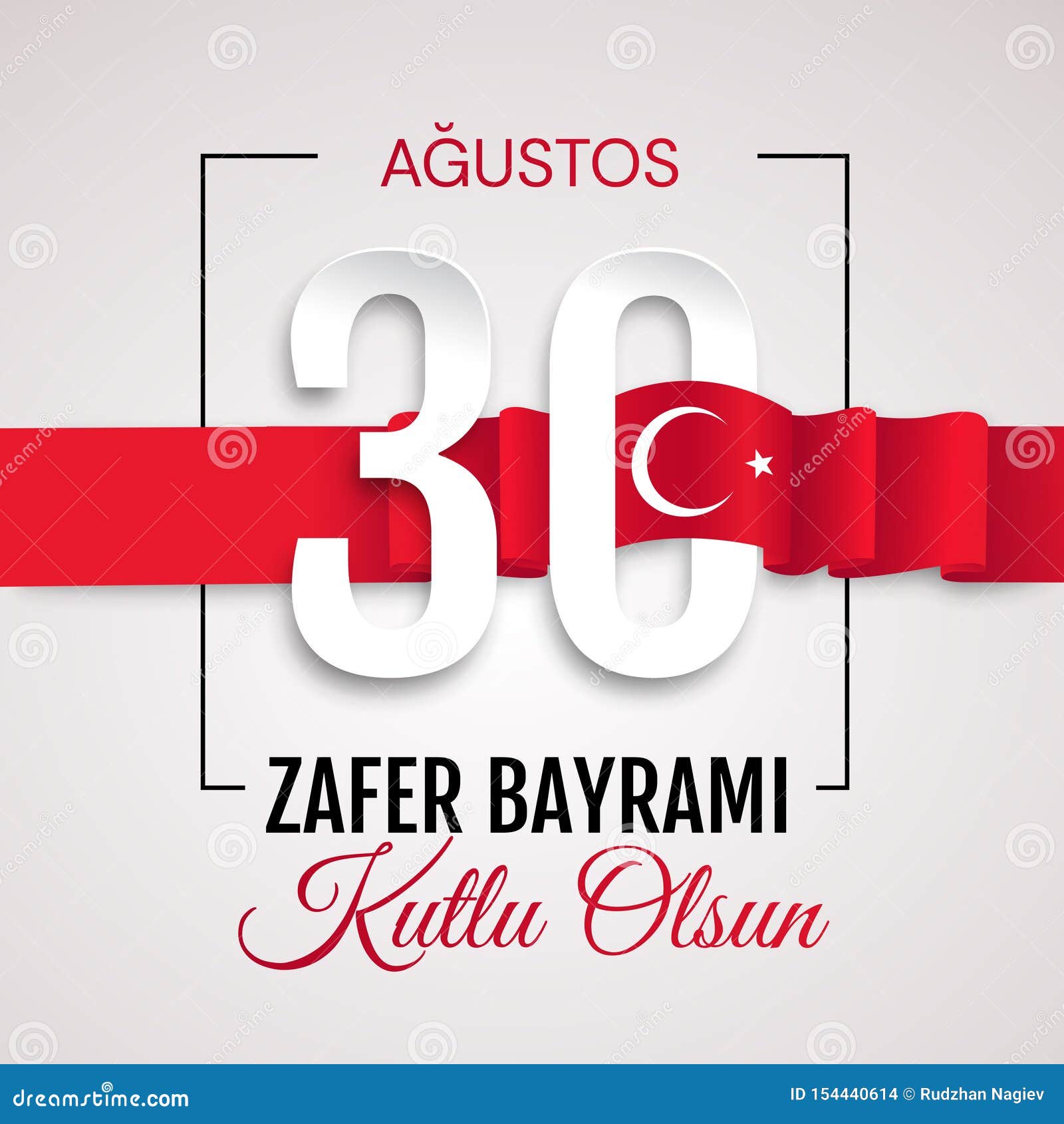

Today, in Reims, Germans signed the preliminary act on an unconditional surrender. Another argument was that some German troops considered the Reims instrument of surrender as a surrender to the Western Allies only, and fighting continued in the East, especially in Prague. Joseph Stalin declared that the Soviet Union considered the Reims surrender a preliminary document, and Dwight D. Since the Soviet High Command had not agreed to the text of the surrender, and because Susloparov, a relatively low-ranking officer, was not authorized to sign this document, the Soviet Union requested that a second, revised, instrument of surrender be signed in Berlin. An initial document was signed in Reims on by Alfred Jodl (chief of staff of the German OKW) for Germany, Walter Bedell Smith, on behalf of the Supreme Commander of the Allied Expeditionary Force, and Ivan Susloparov, on behalf of the Soviet High Command, in the presence of French Major-General François Sevez as the official witness.

The German Instrument of Surrender was signed twice. Field-Marshal Keitel signing the ratified surrender terms for the German military " Victory Banner #5", raised on the roof of the Reichstag building Seated on his right is Air Chief Marshal Arthur Tedder.

Main article: German Instrument of Surrender Marshal Zhukov reading the German capitulation. Most other countries in Europe observe Victory in Europe Day (often abbreviated to VE Day, or V-E Day) on 8 May, and Europe Day on 9 May as national remembrance or victory days.

The holiday was similarly celebrated there while the country was part of the Soviet Union. The Russian Federation has officially recognized 9 May since its formation in 1991 and considers it a non-working holiday even if it falls on a weekend (in which case any following Monday will be a non-working holiday). Since 2002, the German state of Mecklenburg-Vorpommern has observed a commemoration day known as the Day of Liberation from National Socialism, and the End of the Second World War. In 1967, a Soviet-style "Victory Day" was celebrated on 8 May. In East Germany, 8 May was observed as Liberation Day from 1950 to 1966, and was celebrated again on the 40th anniversary in 1985. Although the official inauguration occurred in 1945, the holiday became a non-labor day only in 1965, and only in certain Soviet republics. The Soviet government announced the victory early on 9 May after the signing ceremony in Berlin. It was first inaugurated in the 15 republics of the Soviet Union following the signing of the German Instrument of Surrender late in the evening on (9 May Moscow Time). Victory Day is a holiday that commemorates the Soviet victory over Nazi Germany in 1945.


 0 kommentar(er)
0 kommentar(er)
